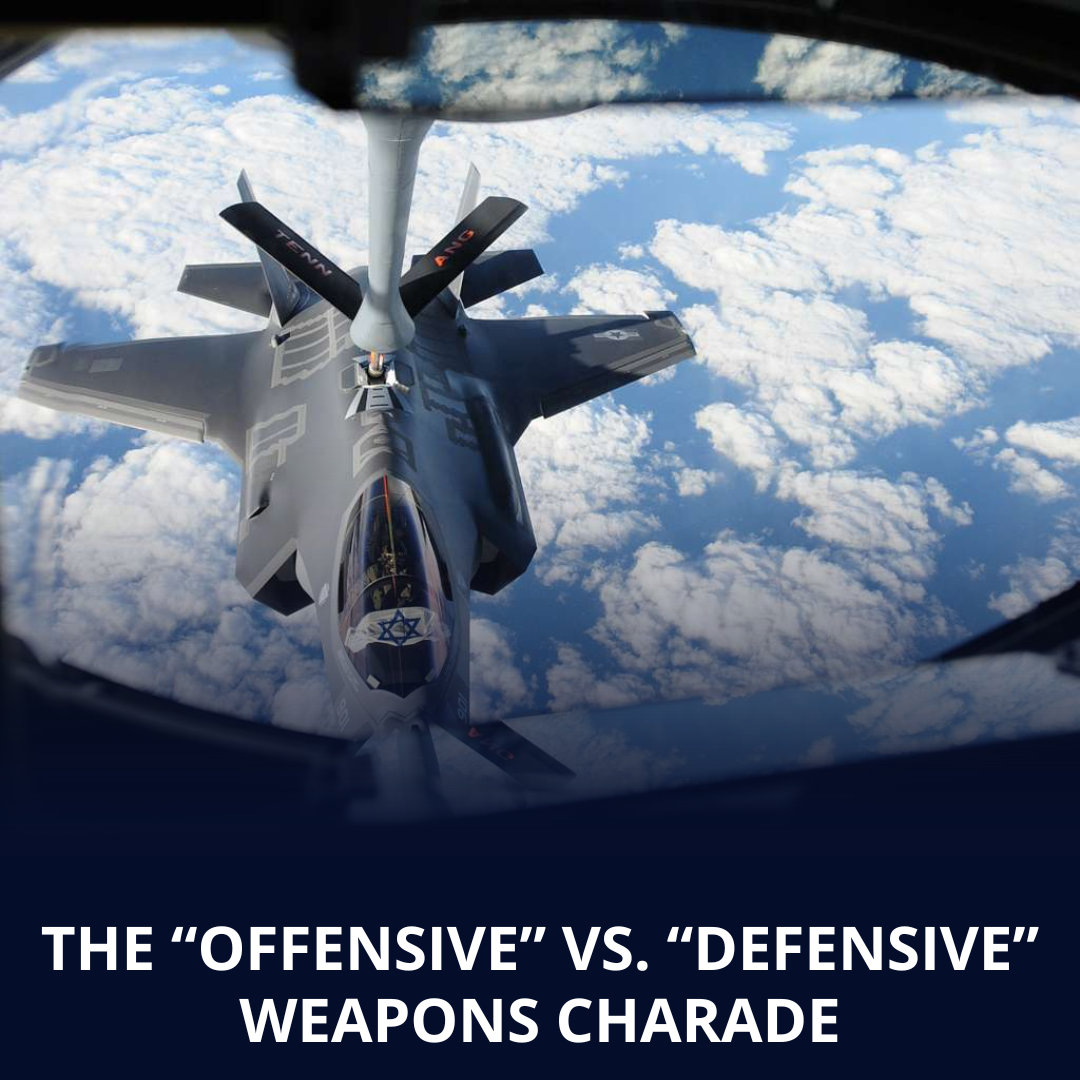
MEMORANDUM
To: Interested Parties
From: Brian Romick, President & CEO, Democratic Majority for Israel
Date: June 23, 2025
Re: Updated Guidance on Iran
Below are key points on the conflict between Israel and Iran and the role the U.S. should play. As the public debate turns to the ceasefire that President Trump announced, it is still critical to reinforce the following: the threat a nuclear-armed Iran poses to U.S. national security, the limited nature of U.S. airstrikes, and how a lasting end to the conflict must ensure no Iranian nuclear program and no enrichment capability.
- The Iranian regime is a destabilizing and dangerous force that is the root cause of decades of instability and violence in the Middle East; it is the leading state sponsor of terrorism; and it has American blood on its hands. The Iranian regime:
- Is responsible for killing and wounding hundreds of U.S. servicemembers with IEDs in Iraq.
- Gave rise to Hezbollah in Lebanon, which killed U.S. servicemembers, including 241 Marines, and waged a campaign of terror against civilians.
- Backed Hamas, which killed dozens of Americans on October 7, 2023 and took American hostages.
- Backed the Houthis, who have fired on U.S. naval ships and disrupted global shipping in the Red Sea.
- Trained these terrorist organizations and coordinated with their leaders.
- Has vowed “Death to America, Death to Israel” for decades.
- Has a history of suppressing and discriminating against both women and LGBTQ+ individuals in Iran.
- A nuclear-armed Iran is not just an existential threat to Israel and the Jewish people — it is a grave national security threat to the U.S.
- Despite what Iran says, the IAEA has recently concluded that it was not living up to its nuclear nonproliferation commitments, and it secretly sought to build a bomb.
- It has been the stated policy of every Democratic and Republican administration for more than 20 years that Iran must never be able to acquire a nuclear weapon.
- With limited U.S. airstrikes against Iranian nuclear facilities, we are one step closer to that reality — and that is a good thing.
- Ending the Iranian nuclear program unequivocally makes the world a safer place.
- Given the announcement of a ceasefire, now is the moment to cement the tactical military successes with lasting strategic gains.
- Now is the moment to get a lasting diplomatic agreement that ensures Iran has no nuclear program or enrichment capability and is not able to threaten its neighbors or the U.S. through terrorist proxies and ballistic missiles.
- The Trump Administration must continue to deter Iran from breaking the ceasefire and stay vigilant against all threats to U.S. personnel and interests.
- The limited U.S. airstrikes were a prudent, strategic step that has made the United States and the entire world safer – without pulling the U.S. into an open-ended war in the Middle East. We still need the final assessment of damage the U.S. airstrikes caused, but initial assessments indicate that the Natanz, Fordow, and Isfahan facilities were severely damaged.
- We need transparent assessments from the Trump Administration on its military actions.
- There needs to be a full, transparent accounting of the status and location of Iran’s highly enriched uranium. Reports that Iran has moved its stockpile of highly enriched uranium are deeply concerning.
- Military action can only achieve so much. There must also be a diplomatic path forward, including the IAEA, to ensure Iran’s highly enriched uranium is no longer a threat to the world.
- The preferred path to prevent Iran from having a nuclear weapon has always been a diplomatic path. Iran was unwilling to give up its nuclear program through diplomatic negotiations across three different administrations, so the U.S. was left with no choice but to take decisive military action. And now is the time to return to diplomacy.
- The entire international community must now pressure Iran to dismantle what is left of its nuclear program once and for all. The Trump Administration must continue to stand with our friend and ally, Israel. That includes continuing to replenish interceptors and other military equipment that has been depleted from Iran’s attacks and providing political and diplomatic support.
- Confronting Iran’s aggression and preventing its pathway to a nuclear weapon has historically been a bipartisan priority — and it should remain that way. Congressional Democrats must be informed and consulted on future Trump Administration action on Iran.
